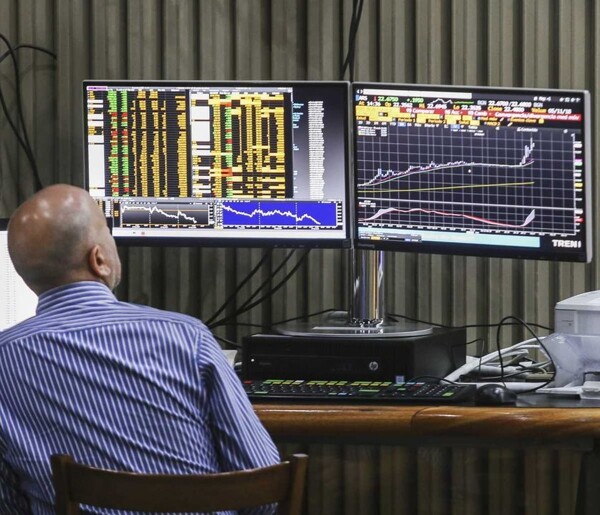
Financial analyst Salvador Di Stefano expressed his concern about the high interest rates on peso credits, which reach up to 50% or 60% despite an expected inflation of 20% over the next 12 months. Di Stefano highlighted that the Government must maintain the course of the "chainsaw plan" to reduce taxes and fiscal spending, rather than financing the fiscal imbalance or resorting to high-interest rates.
Regarding the recent reform that facilitates obtaining dollar credits at lower rates than those of the Argentine peso, the analyst pointed out that this could lead to more accessible loans and compared the situation to credits during the convertibility period. Di Stefano also emphasized the importance of capitalizing the Central Bank, warning of the need to generate reserves through privatizations.
Despite concerns about economic informality and declining profitability, Di Stefano dismissed the decrease in the Central Bank's reserves as a cause for alarm. According to the analyst, current economic policies should be maintained to foster a scenario of declining inflation and a stable exchange rate. However, he drew attention to certain warning signs in agricultural production and strategic grain reserves.
Additionally, Di Stefano addressed the importance of maintaining a comprehensive view when evaluating the economy and avoiding falling into negative narratives that could influence financial decisions. The analyst projected a favorable scenario if an agreement with the IMF is reached and economic restrictions are lifted, which could quickly boost national reserves. In this regard, he underscored the need for producers to strategically manage their grain stocks in light of market fluctuations.














